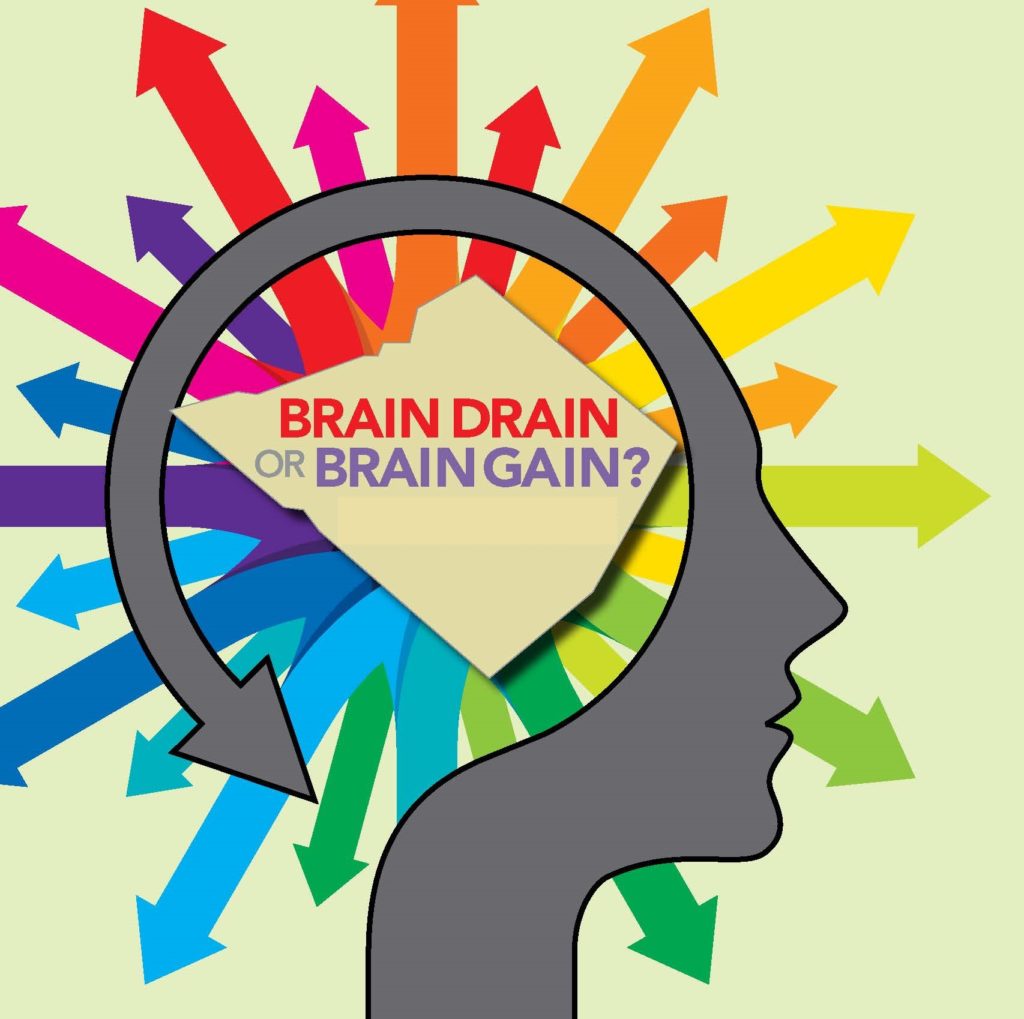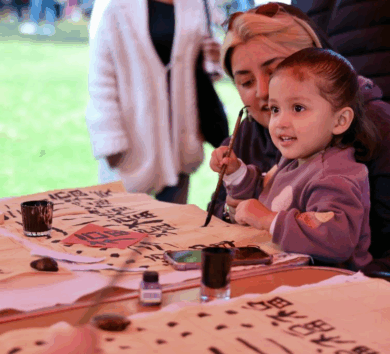

The age of Aquarius is said to be “a time of expanded consciousness, when we can take control of the Earth and become more mindful of human rights”. It is also referred to as a time of more collaboration and more connections with like-minded individuals. Some people might even feel a calling to guide others towards enlightenment (as referenced by Wikepedia on its ‘astrological meaning’ page).
This period may even produce new leaders in the world.
This is a time like no other with brain drain excitement, instead, we are dealing with brouhaha – a noisy and over-excited reaction or response to something and even some resort to ‘Chicken Little syndrome’ – the sky is falling, and the “world is coming to an end” – brain drain days are here again!
We have been down this road so many times. There have been studies ad nauseum worldwide – Jamaica is not alone. It is a globalisation issue, it is a migration issue, it is an economic issue, it is an investment issue, it is a personal choice issue, and, however you view it, it is mostly a HUMAN RESOURCE DEVELOPMENT ISSUE.
Education, training and development

The problems and opportunities start here. Each has a different meaning, but it all comes together to underpin the workforce: professionalism, degrees, licenses, certificates and specialisations to match economic development needs.
A country’s needs analysis must be done and reside somewhere for policies and strategy planners to access, assuming there is planning for the human resource needs of the country.
Then we would not continue the brain drain excitement for replacement would be in the pipeline – to educate, train and develop persons for the workforce similar to how we plan to produce for local consumption and export – goods – manufactured, grown, adapt, assemble or otherwise; likewise, we should be planning for export of human resources – educate, train, develop.
There are models in other countries – Cuba, India, Philippines and some CARICOM countries – for investment in training for export.
Jamaica, it is past time to either adopt or develop a model for training for export. It is happening elsewhere as we speak. There have been approaches here, I know, I was part of the discussion. Foreign investors are looking for opportunities, entice them with education and training within an export concept.
Educational requirements and standards in receiving countries exist. When nurses, teachers, and doctors, among others, migrate – whether voluntarily or recruited, it is so because they can meet the established requirements for employment.
I have the listed experience as a director of nursing and hospital administrator in the USA in the late 1960s and throughout the ’80s. Recruiters were sent around the globe to attract health professionals.

Brain drain was a topical issue then and continued when I was the CARICOM Secretariat Health Advisor in the ’80s. Investment in schools cropped up in the Eastern Caribbean Islands, Jamaica was approached, and the rebuff was led by UWI.
JAMPRO, now over to you. I am available to advise you through a process. Solicit investors for education and training for export – a foreign currency earner – yes, more remittances.
Migration and Education
Migration means the movement of people over some distance or from one place to another. This can be outside of the country (external migration) or within the country (internal migration).
For example, nurses migrate from the health industry to the pharmaceutical industry or elsewhere.
Teachers migrate from the classroom to industry befitting their interest, qualification, and opportunities for advancement.
I am a living example – pupil teacher, nursing, hospital administrator, health advisor, college lecturer, consultant and as a janitor. The latter sees the coming together as the best part of my education, training, development, and life experience. External migration is a rich part of my history. Brain drain never crossed my mind when I left the country as a nurse voluntarily. I am of the view that my contribution to the country could not have been as robust as if I had remained home.
Fast forward upon my return with the lofty idea of so-called ‘giving back’ through a higher level of education, trained, and developed for the health sector. I was stoutly rebuffed as I was now overqualified. I give an ounce of caution here. The education, skill and experience you acquire abroad must match the employment opportunity at home, or you will be setting up yourself as a misfit and a high frustration level.

The brouhaha over brain drains vs. brain power gained, should not continue to cloud the opportunities for training for export though create opportunities for brain drain from other countries. “Entice the professionals for education and training. Create a robust exchange programme. The welfare of a person’s or group’s health, happiness and fortunes” is not only about money.
Emigration, however, is another matter – this is a personal choice to leave one’s country to settle in another and that is ok. A personal choice must not be challenged.
It is also internal and external. I would like some statistics on the number of persons residing in St Catherine, Kingston and St Andrew, who originated from there. Likewise, how many persons residing in Brooklyn, Queens, Bronx etc. originate there? You will find people from all over the world and from different states in the USA and its territories. Emigration to work, raise families, live, and die there, is a personal choice.
So, what are the benefits and opportunities, not Chicken Little – the sky is falling, and the education and health systems are coming to an end.
Whoa! Teachers resigning from the school system every year or nurses right after graduation.
Inciting unreasonable fear is unhelpful. Brain drain cannot be stopped despite best efforts for pay and benefits. Migration and emigration are part of the globalisation of human resources, akin to opening up borders for world trade for goods and services.
Be mindful that developing countries cannot match developed countries and be mindful that developed countries possess some of the same issues. For example, this past week it was reported that 30 per cent of teachers in New Jersey have exited the classroom. Poland is reeling from teacher shortage.
This is a recruiter’s dream turning into a nightmare. Their brain drain is now our brain drain – pirating is now the name of the game as developed countries recruit from less developed countries.
During the early bad days of COVID-19, health professionals flee the system – vaccine or no vaccine, protective gear or not, and other enticements could not hold them.
Curbing brain drain

Brain drain can only be curbed, it cannot be stopped. This is the background against which policy measures must be crafted. Human resource development (HRD) policy options must be an integral part of economic development, part of a key investment strategic action.
Investors must be part of the deliberations – what are their needs, where they want to park their funds in educational investment opportunities in the now and near future. Education, training, and development must be matched to economic growth and development.
My mantra is people make things happen – the workforce is the people to which I refer – whether locally produced or imported. The latter raises eyebrows. So, you are migrating to fill another country’s skill gap but how dare you import persons to fill the skill gap here?
There are legal and regulatory requirements for this matter so will leave it hanging out there to bru ha ah. There is no place for the ‘Chicken Little syndrome’, the sky is not falling because of brain drain of teachers, nurses, and other professions.
This is an opportunity for planning and developing human resource.
Audrey Hinchcliffe is CEO and founder of Manpower and Maintenance Services Limited Group. Email comments and correspondence to ceo@manpowerja.com.







Comments